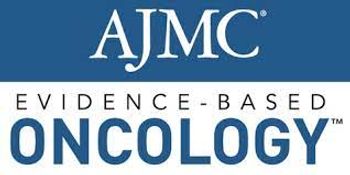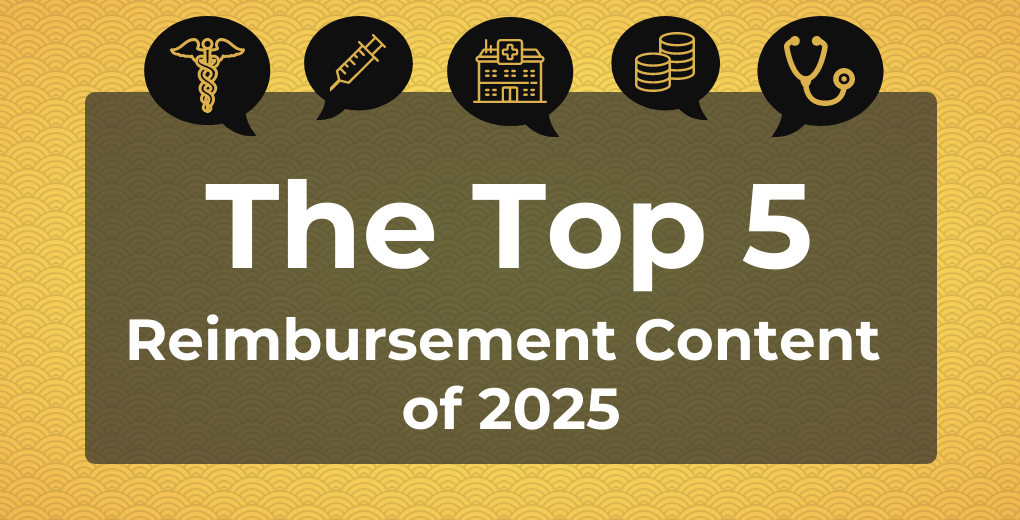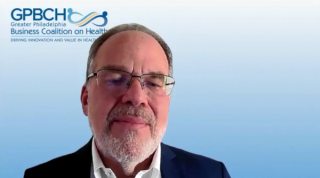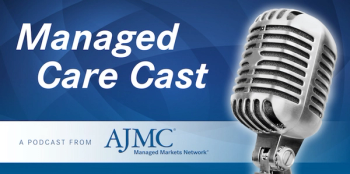
Employers
Latest News
Latest Videos

Podcasts
CME Content
More News

A new report from the National Alliance calls for data transparency and PBM reform to combat rising care costs, enhance equity, and improve well-being.

Pulse of the Purchaser 2025 survey results showed the use of transparent PBMs more than doubled in just 1 year, from 12% to 31%.

Explore how payers and providers collaborate to enhance value-based care, tackle rising costs, and improve patient outcomes in today's health care landscape.

More large employers with high-deductible health plans with health savings accounts offer preventive drug list benefits over time.

The Choose Medicare Act would establish a Medicare Part E that would give employers and the general public the ability to opt into the program.

This commentary, part of the Price Crisis campaign, focuses on the role of employers and business coalitions in advocating for policy change.

Advanced practice clinicians (APCs) experience significant turnover, highlighting challenges in retention and hiring.

This study offers new insights to self-insured employers and health plans related to investment in digitally based disease management programs and enrollee engagement.

Cell and gene therapies can be life-changing for patients with certain conditions, but the process of receiving them poses barriers for patients and caregivers that require multistakeholder solutions, according to a white paper from the National Pharmaceutical Council.

The Employee Retirement Income Security Act (ERISA) Industry Committee filed a legal challenge against the Minnesota Department of Commerce, arguing that Minnesota’s Pharmacy Benefit Manager (PBM) Licensure and Regulation Act illegally interfered with employer-sponsored health plans by restricting plan design options and increasing costs.

Payers and employers have tightened access to the glucagon-like peptide 1 receptor agonist class once these therapies became more commonly prescribed for obesity.

Employees living with diabetes often face unique challenges, such as managing blood sugar levels, balancing medication, and preventing complications, all while maintaining their professional responsibilities. This condition can lead to increased absenteeism, reduced productivity, and rising health care costs.

As health care costs escalate, a new survey reveals that 74% of employers are grappling with the impact on employee wages and benefits, with many anticipating further cost-shifting to their workforce.

The US should consider reducing or eliminating employer-sponsored insurance. Here are some ways to do it efficiently.

The findings may help inform policy changes at the federal level aiming to address unfair and deceptive pharmacy benefit manager (PBM) practices.

This article first appeared on The Center for Biosimilars®.

This study examined employers’ understanding of rebate guarantees, dependency upon rebate dollars, and the role that pharmaceutical rebates or employer benefits consultants play in their pharmacy benefits manager selection.

Kimberly Westrich, MA, chief strategy officer of the National Pharmaceutical Council, reflects on the most valuable learnings from the 2024 meeting of ISPOR—The Professional Society for Health Economics and Outcomes Research, including lively discussions of the Inflation Reduction Act and workshops on value assessment.

Representatives from ICON plc and Symphony Health joined forces at AXS24 to discuss the challenges of managing high-cost specialty drugs and how they influence self-funded employer benefit plan design and employee access to specialty medications.


After years of efforts to reduce low-value care, panelists at the 2024 Value-Based Insurance Design Summit proposed a new strategy: drawing a line in the sand that payers will not be on the hook for these services.

Friday's keynote speaker, Katherine A. Meese, PhD, addressed the conference theme of workforce support at the Association of Cancer Care Centers 50th Annual Meeting and Cancer Center Business Summit.

Patients enrolled in a preventive drug list (PDL) benefit saw an 8.4% reduction in acute, preventable diabetes complication days, and PDL members residing in lower-income areas saw a 10.2% decrease compared with control members.

Drug prices in the US increased 4.4% annually and median out-of-pocket (OOP) costs increased 9.6% annually from 2009 to 2018, but there was no direct link between these amounts for individual drugs.

Insomnia, along with other sleep disorders, were found to negatively impact workplace productivity.


















